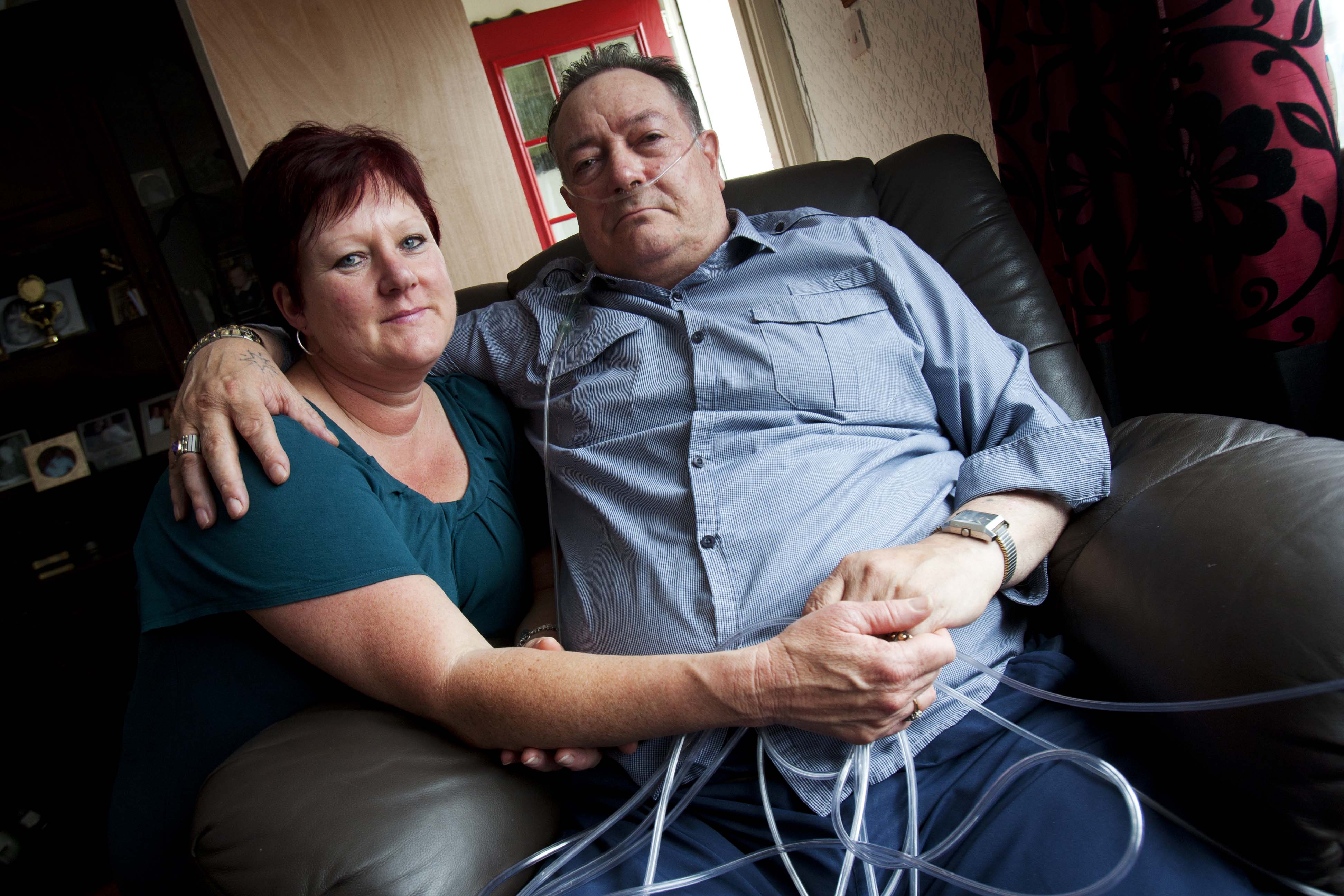Smoking costs councils in North East more than £36m a year in social care costs

New figures from Action on Smoking and Health (ASH) show that Councils in the North East are paying more than £36m a year to help people with smoking-related illness to live in their own homes (domiciliary care). The true figure could be much higher because of lack of information on some costs. There are no figures at all for what councils spend to support people aged under 50. [1]
Individuals across the region also face a bill of over £27 million to cover the cost of their own care. This means that more than £63 million is spent unnecessarily on social care every year in the North East as a result of smoking.
For the first time the new research has estimated the cost of smoking to the social care system. It reveals that current smokers over 50 are twice as likely to need help with day-to-day living and on average need care nine years earlier than non-smokers. [2]
The study estimates that every year 2,200 more people in the North East need local authority social care as a result of smoking. However, smoking also means that in the region of 51,000 people are receiving unpaid care from friends or family.
The costs of smoking to the social care system in England also shows that local authorities spend more as a proportion of their care budgets on smoking-related care than the NHS does. [3]
Ailsa Rutter, Director of Fresh, said: “Smoking kills one in two long term smokers early, but smoking related disease can result in years of life-limiting disability before it results in death.
“I have seen first-hand in my own family how COPD as one disease affects families and would not wish it on anyone. It is a disease that is mainly caused by smoking and can leave those with advanced COPD housebound struggling for air and dependant on oxygen, and yet there is not the same level of awareness as diseases such as lung cancer.
“Councils now lead on both public health and social care. Smoking brings both together. By helping people to quit smoking not only will it improve their health but it will mean they require less paid-for care in the future.”
Newcastle City Council Leader Cllr Nick Forbes said: “These figures reinforce what we already know about smoking – that it is a huge cause of unnecessary suffering to the people of Newcastle and the North East. Not only does it cause untold suffering by shortening lives and damaging health, it also imposes huge costs on family and friends and on cash-strapped services. We are committed to helping people to quit and to avoid smoking in the first place.
“But we also recognise that smoking is often a consequence of social conditions and manipulation by the tobacco industry. Our strategy for improving health aims to address those fundamental issues as well as providing help to people as and when they need it.
“It’s vital that we step up our efforts to stop children starting to smoke as well as encourage anyone who does smoke to consider quitting. It’s never too late to stop”.
Northumberland County Councillor, Susan Dungworth, policy board member for adult care and public health said: “This study shows the wide-reaching burden placed on communities by smoking. Each year there are 620 deaths in the county attributable to smoking. There are also 3,450 smoking related hospital admissions.
“But it isn’t just hospital budgets that are affected. In Northumberland we have one of the highest growing elderly populations in the country and this is reflected in the high social care costs incurred through the ill health of ageing smokers.
“Reducing smoking prevalence has a significant role to play in easing future cost pressures on the social care system. In Northumberland we have a comprehensive system of support for smokers who want to quit. There is also a range of prevention and educational activities being undertaken with young people by our partners in health improvement and education.
“We recognise that there is still a lot of work to do to reduce the prevalence of smoking in Northumberland and hope this report will give increased emphasis and profile of this important issue, and its costs, to the council and its partners.”
Deborah Arnott, Chief Executive of ASH commented:
“From next April when the Care Act 2014 becomes law councils will also have to fund the extra social care costs of preventative measures in order to reduce the need for care in people’s homes – this at a time when they face further cuts to their budgets.”
“Investing in tobacco control and supporting smokers to quit will have to be high on the list of preventative measures to enable councils to cut their social care bills in the future. Our research has funding estimates for every top tier English local authority to help councils plan and cost services at local level more effectively.”
“Local authorities are facing a financial squeeze that makes effective and targeted spending on prevention all the more important.”
After being diagnosed with smoking-related Chronic Obstructive Pulmonary Disease (COPD) in his mid-fifties, Denham Thomas, from Hartlepool, has had to rely on the caring support of his partner, Debbie Myles.
Now 62-years-old, Denham’s health has continued to deteriorate. For Debbie, who celebrates her 50th birthday in October, she no longer has a life outside of caring for Denham.
“I first met Denham when he’d just been diagnosed with COPD. At the time, he was still a physically active man and was able to go to work as normal. He’d just have to do things that little bit slower that’s all, as he would get out of breath really quickly.
“Since then though, his health has really deteriorated. It’s been heart-breaking to watch him get worse over the years and when I look at him sat in his wheelchair struggling to breathe through his oxygen tank, it’s hard to believe that he was once this strong young man who loved sports. He gets really depressed sometimes and I can see in his eyes how angry he is with what smoking has done to him.
“It’s really sad to say because I wouldn’t want anyone else to take care of him, but I’m not his partner anymore – I’m his carer and I’ve got to look after his every personal need. He still prefers to clean himself, but I do everything else; from helping him to put on his clothes; making his meals; washing his hair; and driving him around. It can be extremely tiring.
“We don’t get out that much as a couple anymore which I really miss and even when we do, having to plan everything around making sure his oxygen tank is full even before stepping out the front door can be so frustrating.
“I suppose I’m hardened to the effects of COPD now because I’ve had to deal with the horrendous choking fits for so long, but nothing can prepare you for how frightening it is to see someone close to you struggling to breathe. It’s such an awful experience because whilst he’s gasping for every breath and his lips are going blue, all I can do is watch because if try to help it only makes the situation worse.
“We now refer to the time we had together when we first met as our ‘other’ life. It seems so long ago now but it was such a special time for both of us because we used to be able to go out and enjoy ourselves without worrying about anything. I sometimes get really upset thinking about it because our lives have had to change so much to deal with the effects of COPD in both of our lives.”
